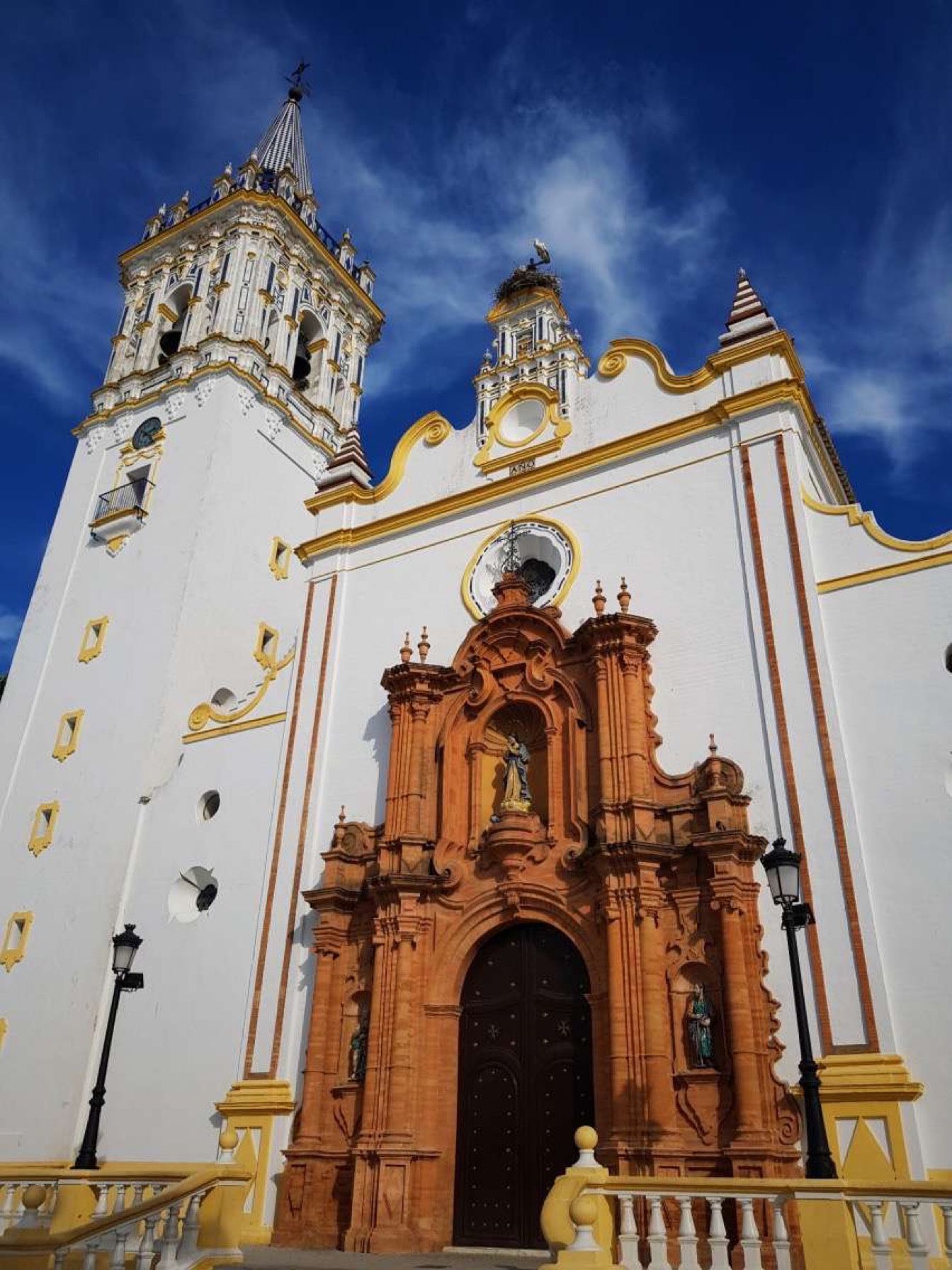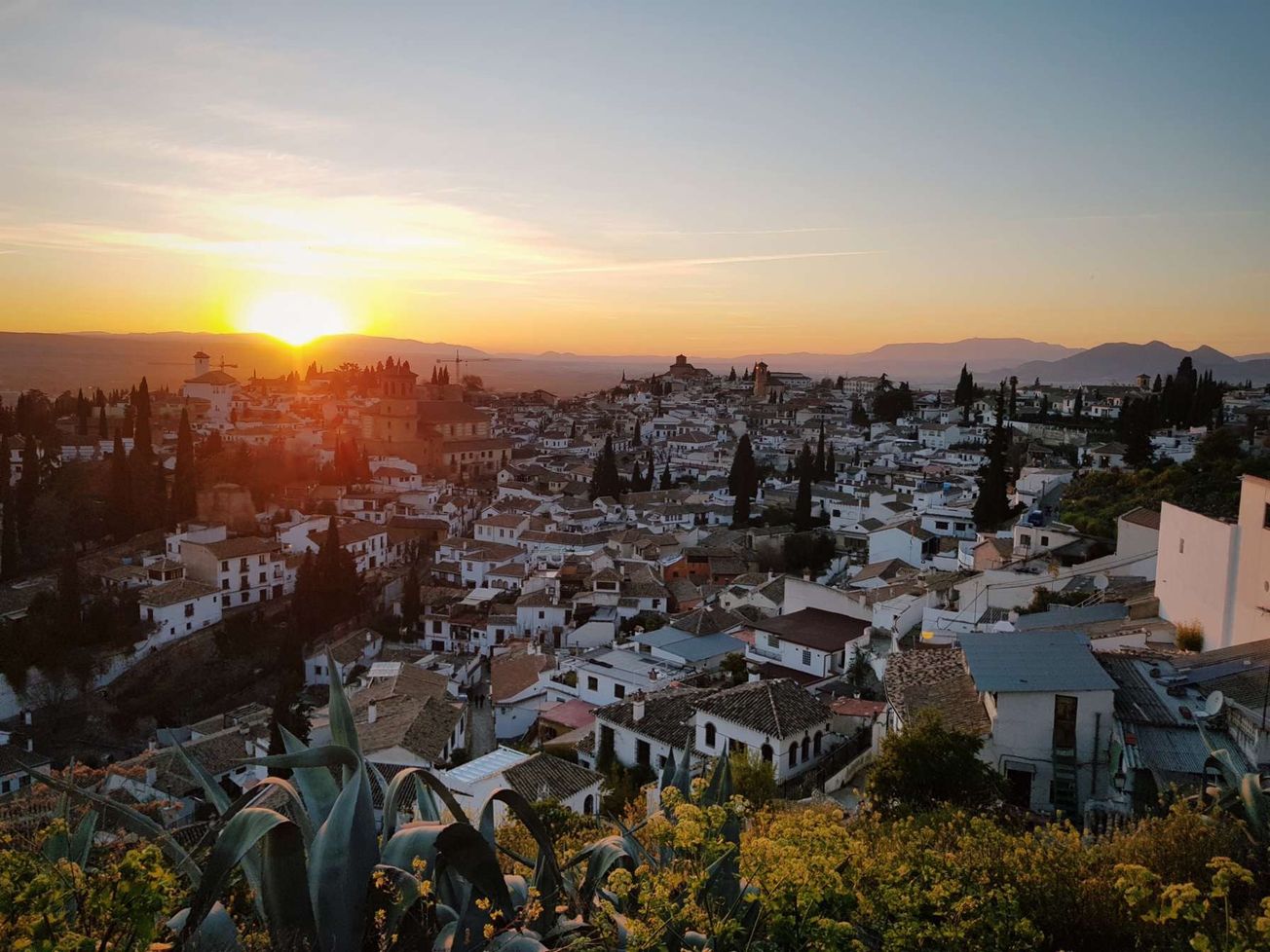By Peter Thorp, Fourth Year, Film and Spanish
The Croft Magazine // Peter Thorp continues his account of the pandemic's disruptive impact on his studies abroad - and considers whether his prolonged stay in Spain may have been a blessing in disguise.
Buoyed by these distractions, the final month of lockdown began fairly pleasantly. By this point, like thousands of others, I had adjusted to my housebound routine. What’s more, airlines were starting to operate again, and I’d managed to book a seat on a flight departing the day after our tenancy ended. One more month of this life and then I’d be off home again. My lockdown experience would be a thing of the past; a source of anecdotes and nothing more.
It’s amazing how anywhere, no matter how pleasant, can be ruined by the fact that you physically cannot leave (...) The cosy little apartment became claustrophobic, the sunny weather became stifling; tapas dishes became too salty, beers weren’t cold enough
Then an email crashed into my inbox from easyJet, politely informing me that my flight had been cancelled, and panic set in. I went from urging time to pass more quickly so I could be home sooner to begging it to slow down, lest I be homeless in a foreign country. Frantic phone calls were made: “oh can’t you just drive and get me?!” I yelled at my mum, before realising how unreasonable that was and apologising. Other flights were not available, and trains were unspeakably expensive: we’d have to find somewhere to live in Spain while we waited for a new flight home to appear.

Days of sweating and swearing followed; laptops and phones open while we desperately searched for anywhere to stay after our move-out date. Eventually, we found a suitable place and immediately booked it for the month of June, and found appropriate flights for our new leaving date. As the 31st May arrived, we managed to move our belongings from La Palma to Sevilla via a fairly stressful train journey, arriving at our new month-long home.
We were greeted by Nacho, an incredibly friendly Sevillano who proceeded to show us all the things wrong with the flat. I was reminded how the Spanish were brutally honest about their own product when selling it to you, something that cannot be said about the British. For example, if you order a certain “incorrect” dish at a restaurant, the waiter will often tell you that it’s terrible and you should change your mind. In the flat, instead of showing us the highlights of the accommodation and gushing about how lovely it all was, Nacho pointed out all the scuffed edges, unfinished bits of flooring, and faulty door hinges, as if to complain before we could about the slightly shoddy handywork. It was oddly comforting.
By the time we settled into the flat in Sevilla, Spain was in the third phase of its four-phase de-escalation plan, meaning bars, shops, parks and most other public places were open for business. My anxiety was being pummelled into submission by relentlessly good weather and unashamedly tasty food. I lay for hours sunbathing and reading, beer by my side, living the type of life you only see in adverts for travel agencies.
Everything was good, but (and I really ought to have predicted this) things fell apart again when yet another email arrived in my inbox one morning, informing me that my flight from Sevilla to Stansted at the end of June, was cancelled.
Nacho pointed out all the scuffed edges, unfinished bits of flooring, and faulty door hinges, as if to complain before we could about the slightly shoddy handywork - it was oddly comforting
It’s amazing how anywhere, no matter how pleasant, can be ruined by the fact that you physically cannot leave. All the things I’d come to enjoy and appreciate about our temporary life in Sevilla now became irritations. The cosy little apartment became claustrophobic; the sunny weather became stifling; tapas dishes became too salty; beers weren’t cold enough; and the words on the pages of books simply refused to go into my head. Just like the May 31st move-out date before it, the end of our Airbnb booking was approaching impossibly fast.
Then a flight appeared, Sevilla to Stansted, at the right time, on the right date, at a reasonable price, so I booked it without hesitation. Every morning, I cautiously scanned my emails, praying that they weren’t from easyJet. At this point, I desperately wanted to get home, having been locked down in Spain for three months. But I was certain the flight would be cancelled, and I wasn’t going to be caught getting my hopes up again.

The day of the flight arrived, and there was no word of cancellation. Still I didn’t believe it. I was convinced we’d arrive at the airport and wouldn’t be able to find “Stansted” on the departures board. Yet there it was, in glorious green lettering. Then I convinced myself the flight would be cancelled in the time it took us to get through security to the gate. But it wasn’t. Even when we were sitting on the plane, a thousand feet in the air, I was convinced we’d never reach the UK. But we did. Only when I stepped back into my home did I actually believe I’d make it there.
A part of my mind believed leaving Spain behind would also be leaving behind the virus, returning to safety and comfort - and while on the surface, home seemed as safe as always, it too had changed
All the comforts of home came flooding back. I was housebound, with absolutely nothing to worry about. I had a two-week quarantine in which to do nothing but relax and unwind. Funnily enough, in retrospect this “stressful saga” of trying to return home boiled down to a few anxious days amongst a sea of relaxing ones. However, for me, anxiety – the most unpleasant kind of anxiety – does not appear when my life is objectively stressful or arduous, but when it is empty and “relaxing”, devoid of things to get done and tasks to complete. I caught myself missing the logistical obstacles I experienced in Spain, preferring the stress they caused to the indefinable anxiety that a sedentary life was giving me. Now, with nothing to do and no flight cancellations or accommodation worries to contend with, my mind wandered to a darker place.
I realised that, to me, until now coronavirus had been a Spanish thing. After all, I had experienced it in Spain, I had focussed on Spanish COVID figures, and the news that reached me first was of outbreaks in Barcelona or Madrid, not Leicester or Greater Manchester. A part of my mind believed leaving Spain behind would also be leaving behind the virus, returning to safety and comfort. And while on the surface, home seemed as safe and comfortable as always, it too had been affected by the pandemic, and it too had changed. As the full effects of the disease became known to me, I suddenly wished to be back in Spain so that I could keep the UK, in my mind at least, COVID-free.
*Featured Image : Mirador de San Nicolas, Granada | Peter Thorpe / Epigram *
Missed Part One of Peter's story? Click here for some time travel.









